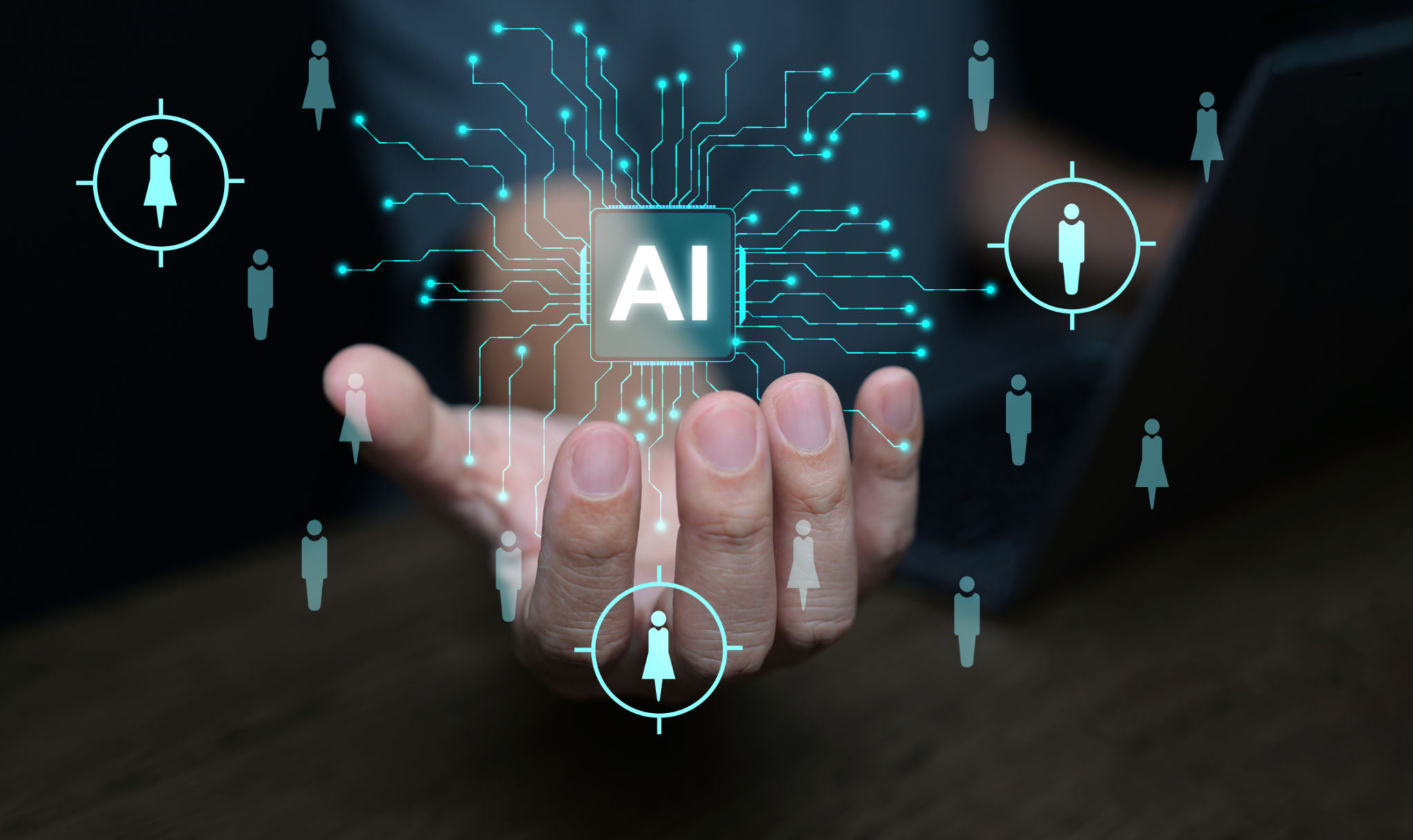A Complete Guide to AI-Powered Business Automation for Recruitment
Understanding AI-Powered Business Automation
Business automation through artificial intelligence (AI) is revolutionizing various industries, with recruitment being one of the most impacted. This technology streamlines the hiring process, reducing the time and resources traditionally needed. AI helps in analyzing large volumes of data, thereby assisting recruiters in making more informed decisions.
With AI, companies can automate repetitive tasks, such as resume screening and interview scheduling. This allows recruiters to focus on more strategic aspects of hiring. The integration of AI in recruitment is not just about efficiency; it's also about enhancing the quality of hires by leveraging data-driven insights.

The Benefits of AI in Recruitment
Adopting AI-powered solutions in recruitment offers numerous benefits. One of the primary advantages is the reduction in time-to-hire. By automating initial screening processes, recruiters can quickly identify the most suitable candidates, cutting down the time spent on manual reviews.
Additionally, AI enhances candidate experience by providing quicker responses and streamlined communication. This technology can also help eliminate unconscious bias, promoting diversity and inclusion within the workplace. By focusing on skills and qualifications rather than demographic factors, AI ensures a fair hiring process.

Key Features of AI Recruitment Tools
AI recruitment tools come equipped with a variety of features designed to enhance the hiring process. These tools often include:
- Resume Parsing: Efficiently extracts and analyzes information from resumes.
- Predictive Analytics: Uses data to predict candidate success and retention.
- Chatbots: Engages with candidates for initial interactions and query resolutions.
- Video Interview Analysis: Assesses non-verbal cues and sentiment during interviews.
Implementing AI in Your Recruitment Strategy
To successfully implement AI in recruitment, businesses should first identify their specific needs and objectives. Understanding what aspects of the recruitment process require improvement will help in selecting the right tools. It's crucial to ensure that these tools integrate seamlessly with existing HR systems.
Training your recruitment team on how to use AI tools effectively is equally important. This includes understanding data privacy laws and ethical considerations associated with AI usage. Continuous monitoring and evaluation will ensure that these systems deliver desired results and adapt to evolving industry trends.

Challenges and Considerations
Despite its advantages, AI in recruitment poses certain challenges. Data privacy is a significant concern, with companies needing to ensure compliance with regulations like GDPR. Moreover, the dependency on data quality cannot be overstated—poor data can lead to inaccurate predictions.
Another consideration is maintaining a balance between automation and human interaction. While AI can handle many tasks, the human touch remains essential for building relationships with candidates and making final decisions based on nuanced understanding.
The Future of Recruitment with AI
The future of recruitment lies in a hybrid approach where AI complements human expertise. As technology continues to evolve, we can expect even more advanced solutions capable of handling complex tasks such as cultural fit assessment and personalized candidate engagement.
Organizations that embrace these innovations will likely enjoy a competitive edge in attracting top talent. By leveraging AI's capabilities while maintaining a human-centric approach, recruitment processes can become more efficient, equitable, and effective.
